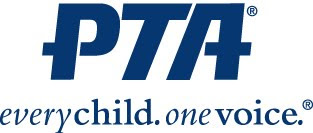Broward County Sheriff's department has an Internet Safety page on their website which can help you learn more about online safety. Within this page you will learn about the CyberTipline which is available to everyone.
What is the CyberTipline?
The Congressionally-mandated CyberTipline is a means for reporting crimes against children including:
- Possession, manufacture, and distribution of child pornography
- Online enticement of children for sexual acts
- Child prostitution
- Sex Tourism Involving Children
- Extrafamilial Child Sexual Molestation
- Unsolicited Obscene Material Sent to a Child
- Misleading Domain Names
- Misleading Words or Digital Images on the Internet
Did you know:
Webcam sessions and photos can be easily captured, and users can continue to circulate those images online. In some cases people believed they were interacting with trusted friends but later found their images were distributed to others or posted on web sites.
Be an educated parent, you will have safer teens and children.
Must watch video.
Read more.










